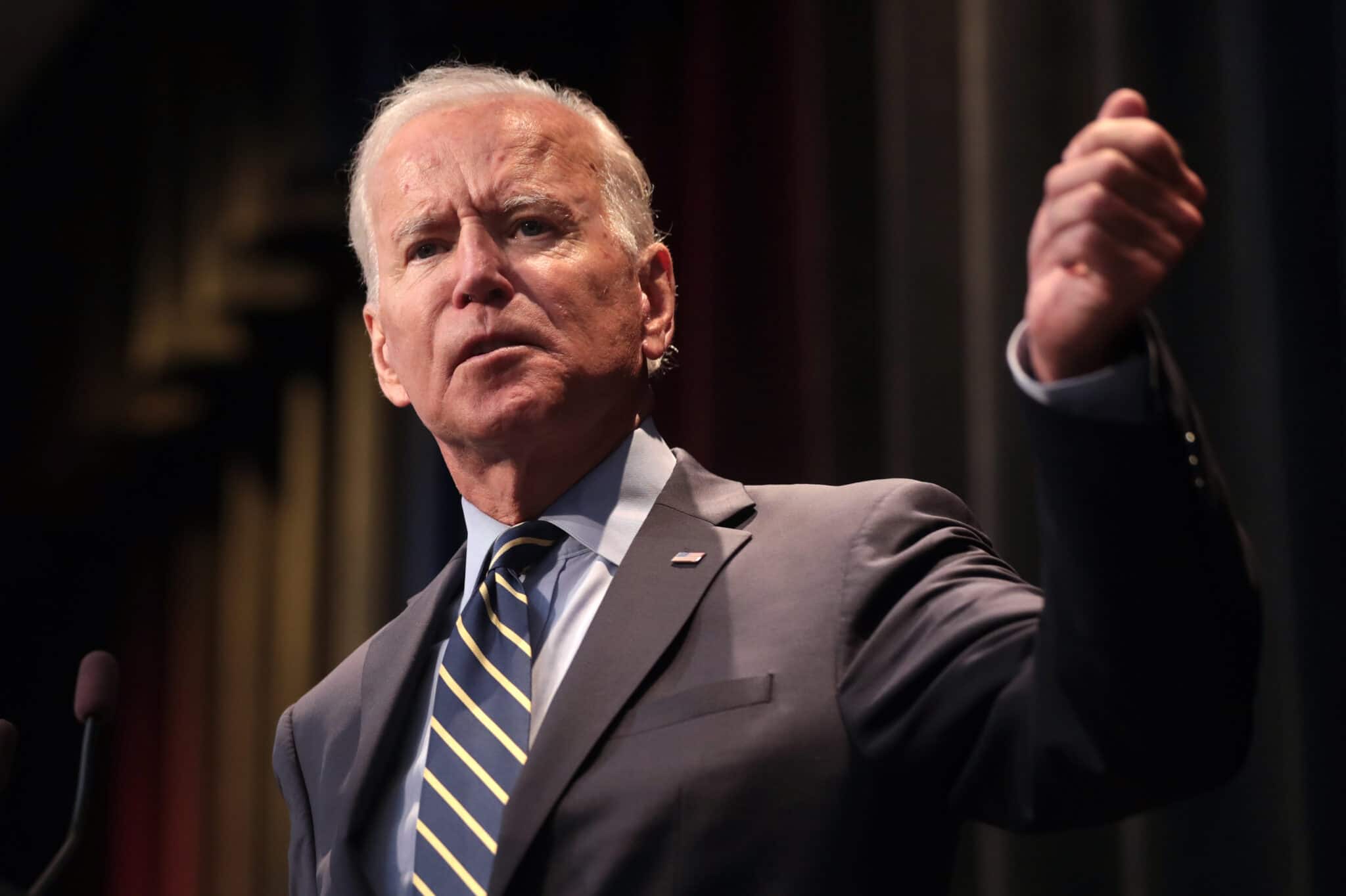
Jason Vazquez is a staff attorney at the International Brotherhood of Teamsters. He graduated from Harvard Law School in 2023. His writing on this blog reflects his personal views and should not be attributed to the Teamsters.
The White House announced that President Biden has renominated Jessica Looman, a former labor lawyer and union official, to lead the DOL’s Wage and Hour Division. Biden initially nominated Looman to the role — who was blocked by Senate Republicans earlier this month — after Congress rejected his initial pick in July. Looman presently serves as WHD’s principal deputy administrator, meaning she will continue to lead the key agency, tasked with enforcing the FLSA and other major employment laws, while awaiting Senate confirmation.
In an interesting piece published yesterday, the New York Times explores the escalating movement to organize the rapidly expanding video game industry, which employs hundreds of thousands of people and, as the paper of record explains, now generates more revenue than “music, U.S. book publishing, and North American sports combined.”
The industry has long been beset by allegations of grueling conditions, sexual discrimination, and workplace harassment, which in recent years have driven many developers to seek union protections. Just this year, for example, employees have formed unions at several Activision Blizzard and Microsoft studios — and the Times reports that similar efforts are unfolding at dozens of other locations.
Harvard Law School has launched the Center for Labor and a Just Economy, a research and policy center aiming to reimagine the labor law so as to empower working people, countervail corporate power, and construct a more equitable political economy.
The Center’s directors believe new policy ideas are urgently necessary to take advantage of this moment, in which the pandemic has unleashed a wave of labor unrest. “We are looking to develop — in collaboration with folks from across the labor movement, academia, worker advocacy — new strategies for empowering workers so that the economy and our democracy will be more fair,” Sharon Block, the Center’s executive director, explained. “The mission of the center is to reimagine American labor laws to enable working people to rebuild the economy and politics in a more equitable fashion,” echoed Professor Benjamin Sachs, the Center’s faculty codirector.






Daily News & Commentary
Start your day with our roundup of the latest labor developments. See all
February 23
In today’s news and commentary, the Trump administration proposes a rule limiting employment authorization for asylum seekers and Matt Bruenig introduces a new LLM tool analyzing employer rules under Stericycle. Law360 reports that the Trump administration proposed a rule on Friday that would change the employment authorization process for asylum seekers. Under the proposed rule, […]
February 22
A petition for certiorari in Bivens v. Zep, New York nurses end their historic six-week-strike, and Professor Block argues for just cause protections in New York City.
February 20
An analysis of the Board's decisions since regaining a quorum; 5th Circuit dissent criticizes Wright Line, Thryv.
February 19
Union membership increases slightly; Washington farmworker bill fails to make it out of committee; and unions in Argentina are on strike protesting President Milei’s labor reform bill.
February 18
A ruling against forced labor in CO prisons; business coalition lacks standing to challenge captive audience ban; labor unions to participate in rent strike in MN
February 17
San Francisco teachers’ strike ends; EEOC releases new guidance on telework; NFL must litigate discrimination and retaliation claims.